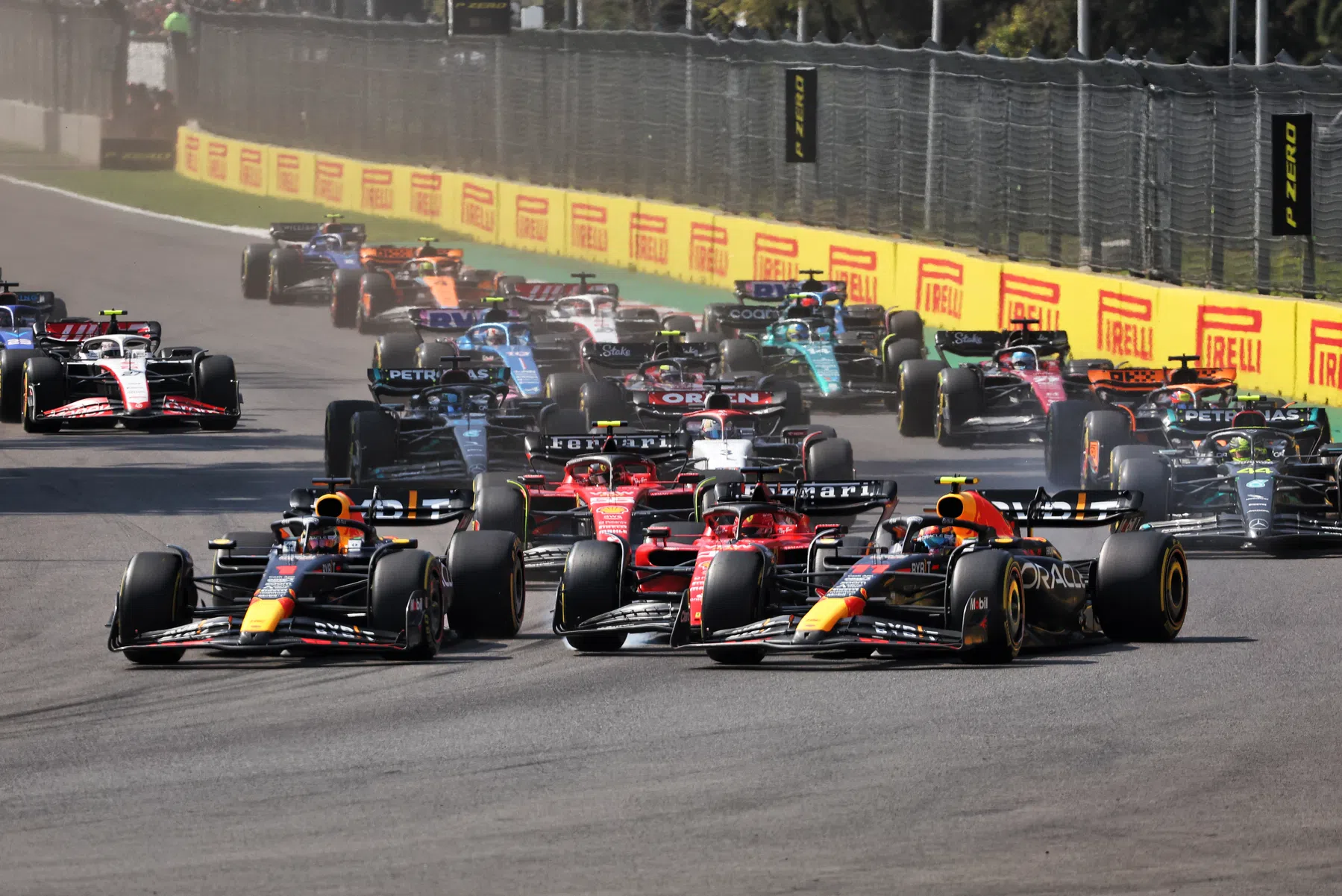General

Analysis | Why Super League opens door for F1 without FIA
- Ludo van Denderen
A ruling by the European Court of Justice rocked the football industry a week ago: clubs are now allowed to set up their own competitions, outside UEFA (or FIFA). No doubt, this ruling will be vigorously studied by Formula One Management (FOM), the teams and Liberty Media, as it has opened the door to a Formula One without the FIA.
Rubbing their hands, promoter A22 faced the massed press. The court ruling was barely hours old when the team behind the Super League was already seeing the hundreds of millions of euros pouring in in their minds. In A22's eyes, a Super League should become the new cash cow for the already richest clubs in European football: a competition with the 18 best clubs, and relegation is not possible. Millions in earnings are guaranteed as a result. The sale of the television rights should generate loads and loads of money.
UEFA pushed aside?
Currently there is the Champions League, a competition for which you need to qualify for each year based on your domestic league performance. A down year at the moment can easily cause clubs to miss out on participation in the most important competition in the world; a sporting and financial setback. Moreover, the Champions League is ran by UEFA, which earns tens of millions from the competition every year. By cutting out UEFA, the Super League would leave more for the clubs.
Not surprisingly, UEFA in particular was keen to protect their own Champions League (and the other European tournaments) and ban the Super League. Clubs that would participate in the Super League anyway could expect hefty penalties. The European Court has now ruled that banning clubs from establishing their own league is against European regulations. An appeal against this ruling is not possible.
Formula 1 in conflict with FIA
Whether the Super League will actually come about is anything but a fact. However, it is now clear that sports federations can no longer prohibit clubs (or teams) from starting their own competition outside the federation; not in football, not in volleyball and therefore not in motorsport either. Undoubtedly, the European Court's ruling will be carefully looked at in Formula One Management's offices.
After all, it is no secret that the relationship between the FIA - the organiser of Formula One - and the FOM, Liberty Media and the F1 teams is deeply troubled. At the beginning of December, this became clear once again in the case involving Toto and Susie Wolff. The FIA had the integrity commission investigate the Mercedes team boss and his wife (managing director of F1 Academy), to the anger of the 10 F1 teams. In the end, the FIA decided to refrain from further investigation. However, the harm had already been done.
Just as earlier, for example, the FIA - and especially president Mohammed Ben Sulayem - incurred the wrath of FOM and the teams by letting potential F1 teams sign up for a spot on the grid. The Andretti-Cadillac team has already been approved by the FIA to get a spot in Formula 1, FOM and Liberty Media are not eager to bring in the Americans. This is because they fear that with an eleventh team, revenue for the rest will be reduced.
More revenue without FIA
At some point, FOM, Liberty Media and the F1 teams may run out of patience with the FIA. Bolstered by the European Court's decision banning sports federations' monopoly on organising competitions, it is suddenly a lot easier to set up a Formula 1 without the FIA. Additional advantage: without the FIA, revenues for FOM, Liberty Media and the teams are likely to be higher. After all, why is the FIA still needed and should it share in F1's profits?
A minor obstacle could have been that Formula One Group (the official trade name) is based in the UK, a country that is no longer part of the European Union. The European Court's ruling is therefore not legally valid in the UK. But the company has several holding companies; not only in the UK and the island of Jersey, but also in Luxembourg and the Netherlands (because of the fiscally attractive climate in those countries, but that is another story). So through the Netherlands or Luxembourg, FOM, Liberty Media and the F1 teams could potentially cite Super League precedent.
Of course, it is not said that FOM, Liberty Media and the F1 teams have (concrete) plans to leave the FIA behind. But these already powerful parties have gained a new trump card against the once-powerful FIA thanks to the Super League ruling.

